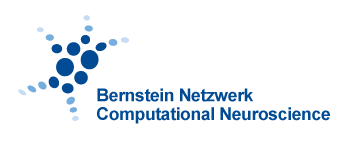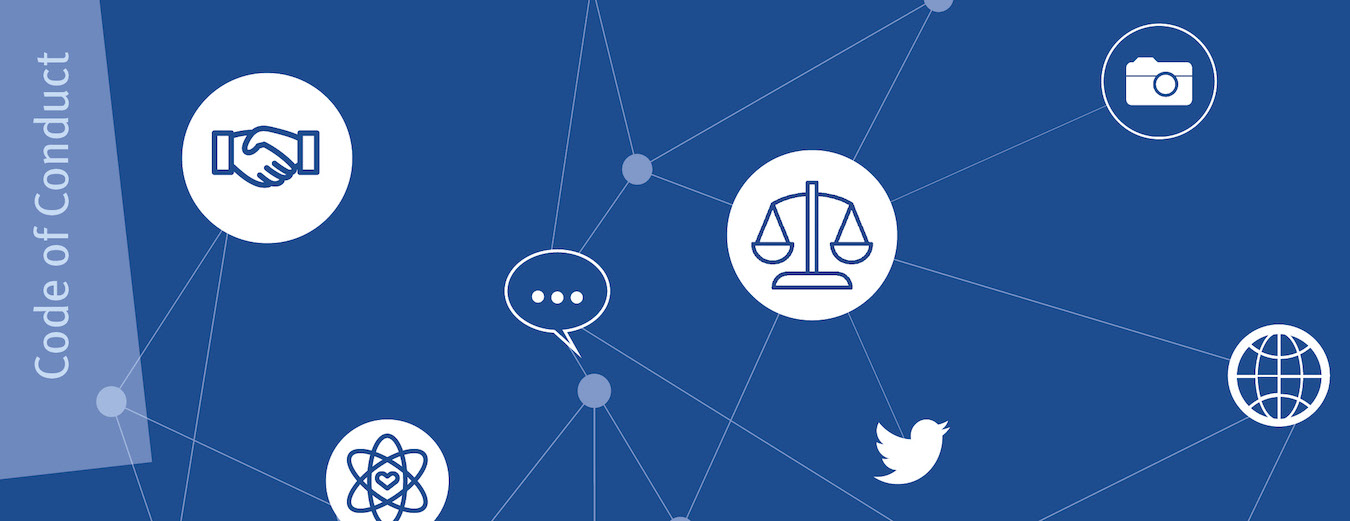Code of Conduct
We, the organizers of the Bernstein Conference are working towards making the conference a welcoming forum for fruitful scientific exchange. We are committed to creating a professional and technically safe environment and expect commonsense courtesy from the participants at the Bernstein Conference. Thank you for helping us by abiding to the following rules.
When you participate at the conference
- Registration and participation must always be under your real name and academic affiliation. This is especially directed to our online participants.
- With your registration, you agree to comply with the rules of good scientific practice1 and this code of conduct.
- If you do not want appear in photos, screenshots or films taken by the PR team of the Bernstein Network, please let us know at the registration desk if you attend in person. If you attend online please contact the PR team under bernstein.pr@fz-juelich.de
When you give a talk or present a poster
- Your presentation must comply with the rules of good scientific practice1.
- Intellectual property rights must be respected at all times.
- As a presenter, you are responsible for the content of your presentation. As organizers of the Bernstein Conference, we decline any responsibility for copyright infringements of any kind. We strongly advise you to thoroughly check whether graphics and tables are your own copyright and whether they can be shown in the environment of the conference. Please be advised that the transfer into the general public can happen a lot quicker through social media channels than otherwise possible.
When you comment or chat within the Bernstein Conference environment
- All communication, written or spoken, in person or online, must be respectful and polite. Harassment of any kind will not be tolerated and should be reported immediately. We therefore reserve the right to delete comments which are any of the following:
- racist, hateful, sexist, homophobic, defamatory, insulting or life-threatening;
- serious, unproven or inaccurate accusations against individuals or organizations;
- comments that encourage or suggest unlawful activity;
- messages not written by the sender (or the copyright holder, as appropriate);
- messages written in a language other than English;
- messages that are unintelligible or do not follow the normal flow of discussion;
- messages posted in capitals only (these are difficult to read and can convey the impression of shouting).
- Criticism is to be directed to ideas or research results, not people.
- The moderators of the live talks and presentations must be respected at all times. This concerns their management of the session, their time keeping and their choice of questions to the presenter during the Q&A section.
Please note
- Failure to comply with any of these rules will not be tolerated and may result in exclusion from the conference.



